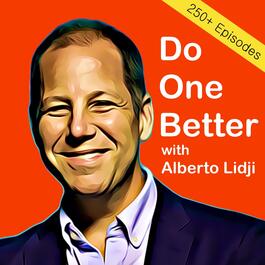
Harriet Oppenheimer, Chief Executive of RNID, on Advancing Hearing Health, Breaking Stigma, and Innovating Care
Harriet Oppenheimer, Chief Executive of RNID (Royal National Institute for Deaf People), delves into the organisation’s work in support of the 18 million individuals in the UK who are deaf, have hearing loss, or experience tinnitus. She underscores the pervasive nature of hearing-related issues, noting that if one does not personally face such challenges, they undoubtedly know someone who does. With this universal relevance as a foundation, RNID has committed to fostering inclusion and improving lives through a strategic framework focused on three interconnected levels: changing society, transforming systems, and enhancing individual lives. RNID, a heritage organisation with over a century of impact, remains steadfast in its purpose while adapting to the demands of a modern, digital world. Harriet explains how their work in "changing society" encompasses awareness campaigns to promote hearing protection and foster a culture of consideration for those with hearing loss. These efforts aim to break down barriers in social interactions and normalise the use of hearing aids and support systems. At the individual level, RNID provides direct support through online resources, a contact centre, and in-person services such as drop-in centres and community talks. These touch points enable RNID to stay connected to its communities and gather insights to shape its initiatives further. Harriet articulates the importance of early intervention in hearing loss, pointing out that untreated hearing impairment can exacerbate social isolation, depression, and even increase the risk of dementia. RNID’s free online hearing check empowers people to address their hearing health proactively. Looking to the future, Harriet discusses the organisation’s initiative to reimagine hearing healthcare in the UK. Despite significant technological and societal advancements, the process of receiving hearing care has remained largely unchanged for two decades. RNID is calling for genuine innovation — user centred, tech-enabled solutions that prioritise accessibility and personalisation. This includes ideas such as home-based hearing checks, app-based diagnostics, and devices tailored to individual needs. Harriet also touches on groundbreaking research into the link between hearing loss and dementia, a relatively nascent field with the potential to redefine approaches to dementia prevention and diagnosis. She emphasises that advancing this research requires collaboration and funding and invites stakeholders from various sectors to join RNID in this critical work. RNID’s work is a call to action for society to recognise the importance of hearing health, break the stigma surrounding hearing aids, and embrace the potential of innovation to transform lives. Thank you for downloading this episode of the Do One Better Podcast. Visit our Knowledge Hub at Lidji.org for information on 300 case studies and interviews with remarkable leaders in philanthropy, sustainability and social entrepreneurship. Note: This interview took place in Dec 2024 and aired in Jan 2025
From "Do One Better with Alberto Lidji in Philanthropy, Sustainability and Social Entrepreneurship"


Comments
Add comment Feedback